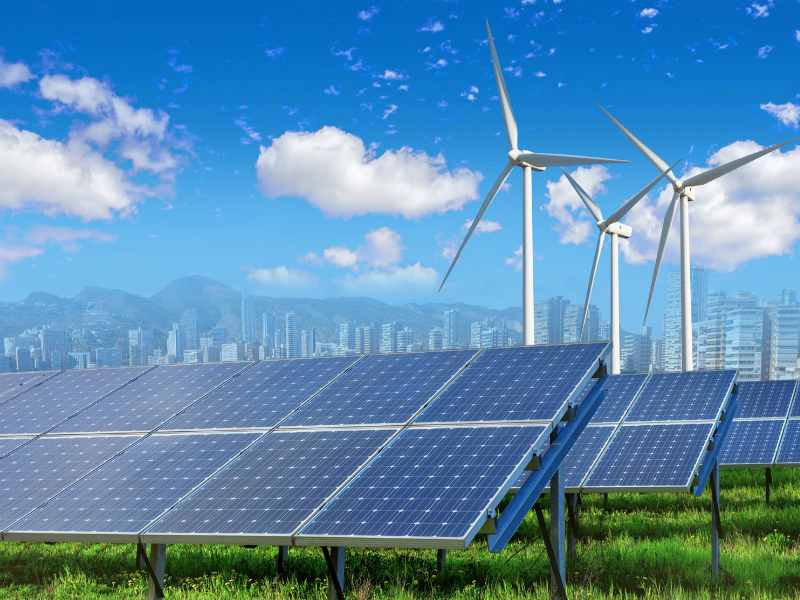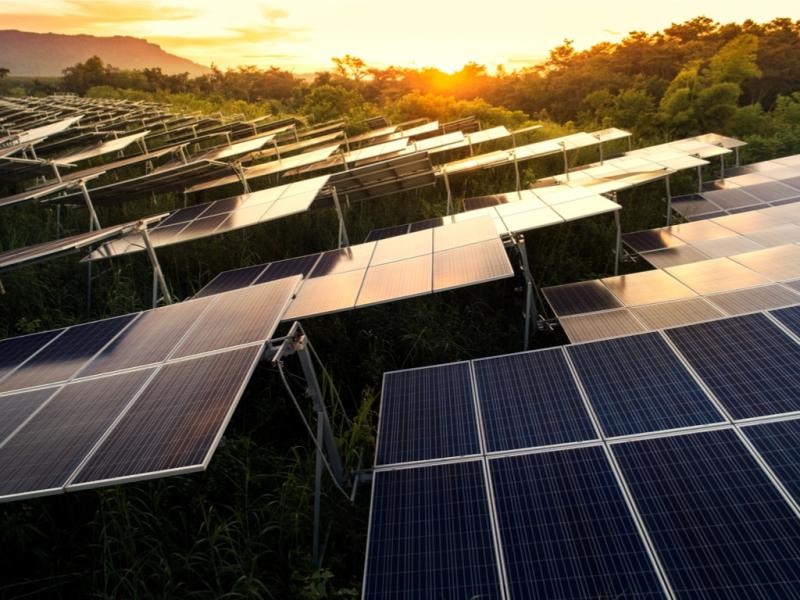Introduction:
Energy storage technology has emerged as an essential aspect of the energy sector. The advancements in battery technology and the rise in interest towards sustainable energy have contributed to the growth of hybrid energy storage technology in recent years. In the current scenario, energy storage technology plays a critical role in the effective distribution and utilization of renewable power. Undoubtedly, the future of energy storage technology is determined to revolutionize the energy industry, address energy security concerns, and enhance grid resilience.
What is Hybrid Energy Storage Technology?
Hybrid energy storage technology is a combination of two or more energy storage systems that complement each other’s strengths and weaknesses. These storage systems are designed to work cohesively to optimize energy production and storage. For example, a hybrid energy storage system may consist of lithium-ion batteries, flywheels, and supercapacitors. It leverages the high energy density of batteries, the rapid response of capacitors, and the mechanical energy storage of flywheels. The combination of these systems into one storage system enables energy optimization and better performance.
Benefits of Hybrid Energy Storage Technology:

The benefits of hybrid energy storage technology are manifold. Firstly, it enhances the efficiency and reliability of renewable energy by reducing the variability of energy output. This means that electricity production and storage are no longer dependent on weather conditions, making renewable energy baseload-capable. Secondly, hybrid energy storage technology ensures a better match of energy demand and supply, which ultimately reduces electricity costs. It also enables peak shaving by reducing demand during peak periods, which supports grid stability. Thirdly, the technology reduces the carbon footprint by allowing the integration of high volumes of renewable energy.
The Future of Hybrid Energy Storage Technology:
The future of hybrid energy storage technology is expected to bring new opportunities and challenges for the energy sector. The advancements in materials science and battery technology will accelerate the development of more efficient and cost-effective energy storage systems. The integration of big data, artificial intelligence, and blockchain technology will further enhance the performance of hybrid energy storage systems. One of the most significant advancements will be the introduction of Grid-forming hybrid energy storage systems that can independently manage the grid’s voltage and frequency. Such systems can operate as backup power for commercial facilities, data centers, and hospitals.

Impact on Energy Industry:
The impact of hybrid energy storage technology on the energy industry cannot be overemphasized. The technology is expected to boost the renewable energy sector’s growth by enabling the integration of large-scale solar and wind farms. Moreover, it will create new opportunities for energy storage companies, component suppliers, and system integrators. The technology will also have a positive impact on job creation and the economy. Finally, the technology will lead to the decarbonization of the energy sector, reducing greenhouse gas emissions and supporting the achievement of sustainable development goals.
Hybrid energy storage technology is a game-changer for the energy industry. Its potential for integration with renewable energy and its multiple benefits will shape the future of energy production and distribution. As the push towards reducing carbon emissions grows, the demand for hybrid energy storage systems can only increase. The technology is undoubtedly going to revolutionize the energy industry by ensuring a more efficient, reliable, and cost-effective energy supply.




